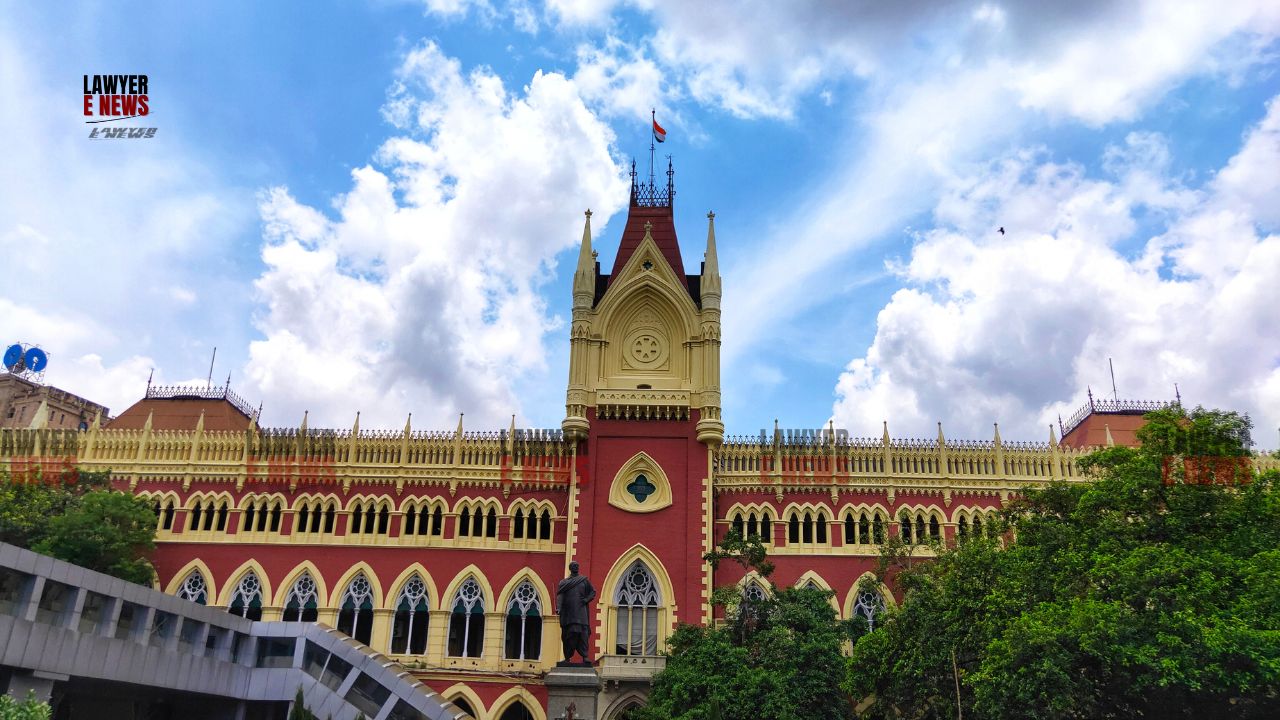-
by Admin
15 February 2026 5:35 AM



Calcutta High Court, presided over by Justice Shampa Dutt (Paul), delivered its judgment in the appeals filed in the case of Sri Manindra Nath Bhunia & Ors. vs. Sri Sunil Kar & Ors.. The case involved a property dispute, where both parties contested the ownership of the land listed under the ‘Ka’ schedule. The court upheld the first appellate court’s decision to remand the case to the trial court for reconsideration of additional evidence, following the principles under Order 41 Rule 27 of the Civil Procedure Code (CPC). This ruling affirmed the need for proper adjudication of claims through additional documentary evidence.
The dispute originated from two title suits, T.S. 237 of 2000 and T.S. 245 of 2000, filed in the court of Civil Judge (Junior Division), Contai, Purba Medinipur. The plaintiffs in T.S. 237 claimed ownership of the land, while the plaintiffs in T.S. 245 counterclaimed the same property. The trial court initially ruled in favor of the plaintiffs of T.S. 237, dismissing the counterclaim in T.S. 245. However, on appeal, the Civil Judge (Senior Division) ordered the case to be remanded, allowing the defendants in T.S. 237 (and plaintiffs in T.S. 245) to present additional evidence regarding a ‘Bondobosto’ deed allegedly executed by the Maharaja of Bardhaman.
The primary legal question in the appeals was whether the additional evidence under Order 41 Rule 27 of the CPC, particularly a missing deed claimed to have been lost in a flood, should be admitted. The appellants argued that the deed, said to be destroyed in 1349 B.S. (1942-43), could not be produced during the initial trial, but they sought to introduce it in the appellate stage. The respondents countered that the evidence should not be admitted, citing that no credible documentary proof was available to substantiate the appellants' claims.
The court highlighted the well-established principle that appellate courts should not ordinarily consider evidence beyond what was presented in the trial court. However, exceptions under Order 41 Rule 27 allow for additional evidence to be admitted if necessary for delivering a just judgment. Citing precedents from the Supreme Court, the court emphasized that the appellate court has discretion to permit such evidence if it has a direct bearing on the case.
Justice Shampa Dutt (Paul) upheld the decision of the first appellate court, which had ruled in favor of admitting the additional evidence, namely the ‘Bondobosto’ deed, subject to the appellants proving its authenticity, existence, and contents in accordance with legal standards. The court ruled that the remand was appropriate as the additional evidence was crucial for a just decision in the property dispute.
The Calcutta High Court dismissed the appeals filed by both parties, affirming the remand of the case to the trial court for further consideration of additional evidence under Order 41 Rule 27 CPC. The trial court was directed to conclude the proceedings within six months. This decision reinforced the principle that justice must consider all relevant evidence, even at an appellate stage, when necessary for fair adjudication.
Date of Decision: September 11, 2024
Sri Manindra Nath Bhunia & Ors. vs. Sri Sunil Kar & Ors.
